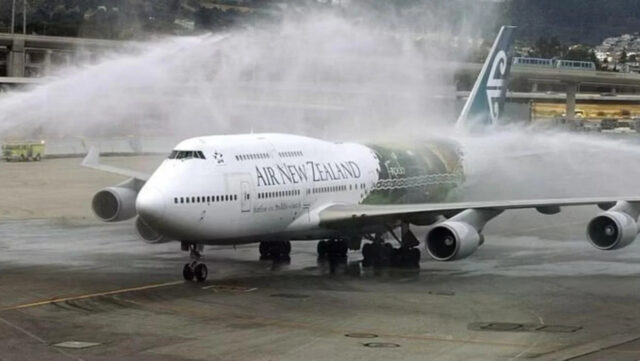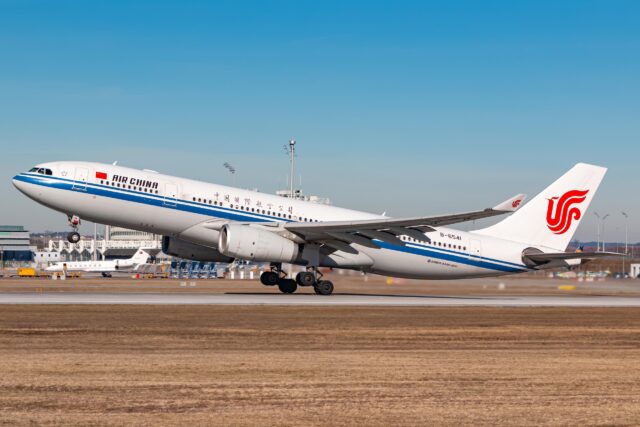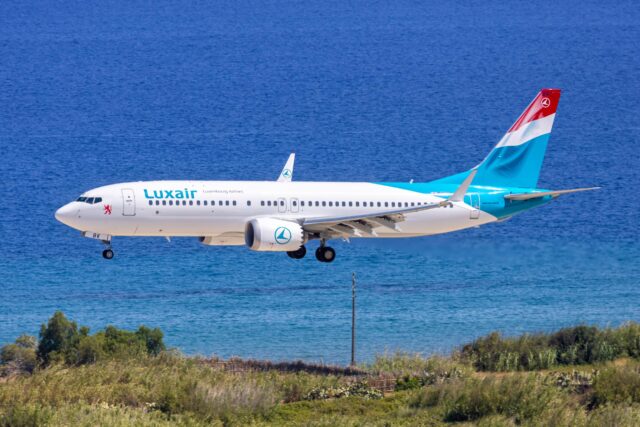Boeing machinists vote to return to work by 59%

Four contract offers. Three votes. 52 days on strike and billions of dollars in revenue lost for a US manufacturing giant that, as new CEO Kelly Ortberg explained, has “much work ahead to return to the excellence that made Boeing an iconic company”.
International Association of Machinists District 751 members have voted overwhelmingly in favour of returning to work, with 59% voting to end the strike – making it the second longest-running work stoppage to date.
“We were pleased to reach a ratified agreement with IAM 751 and W24 tonight,” explained new Boeing CEO Kelly Ortberg, highlighting: “This is an important time in our history, and like generations before us, we will face into the moment together, and stronger as one team”.
Lasting 52 days, this latest round of strike action – the eights in the company’s history – began on 12 September, when a newly-expired contract (first agreed in 2008 and extended three times) prompted Boeing to propose what it called a “historic contract offer”. Boeing Chief Commercial Officer Stephanie Pope also speculated that the contract ratification would enable the Pudget Sound team to “build Boeing’s next airplane,” speculated to be the as-yet-unconfirmed midsize aircraft, which would bring “job security for generations to come”.
However, the offer – offering a 25% wage increase over the life of the contract (including 11% from day one), plus a one-off ratification bonus of $3,000 – was rejected by an overwhelming majority of 95%, with the IAM stating: “After 16 years, we finally got back to the bargaining table”.
As strike action rumbled on, executive vice president and chief financial officer Brian West explained that the strike (encompassing some 33,000 workers in Washington state) “jeopardizes Boeing’s recovery in a significant way”. Accordingly, cost-cutting measures – described by CEO Ortberg as “difficult steps to preserve cash” and a “tough decision that impacts everybody” – were implemented across the company, including a rolling series of furloughs.
A subsequent offer thrashed out at the negotiating table (described by Boeing as its “best and final” offer) offered a 30% pay rise over four years, with a one-off $6,000 bonus double the ratification bonus previously offered. However, with the IAM claiming the offer had been “thrown at us without any discussion,” members were not offered a vote – with the union stating: “They are trying to drive a wedge between our members and weaken our solidarity with this divisive strategy … Boeing does not get to decide when or if you vote”.
Irate, Boeing formally withdrew its offer on 8 October, with Pope accusing the union of having made “non-negotiable demands far in excess of what can be accepted if [Boeing is] to remain competitive as a business”. Nevertheless, the financial impact to the company was continuing to bite – with Boeing revealing plans to raise up to $25 million through the sale of shares before reporting a third quarter loss of nearly $6 billion, “primarily reflecting impacts of the IAM work stoppage and previously announced charges on commercial and defence programmes”.
Another contract offer – proposing a 35% pay rise over four years, alongside a ratification bonus of $7,000 – was subsequently put to a vote and rejected by 64%, with many union members criticising Boeing for failing to reinstate traditional pension plans (despite increasing 401k contributions).
However, with the strike dragging on into its 49th day, the union concluded yet another proposal offer with the beleaguered Boeing; offering a proposed pay increase of 38% over four years (the union had initially demanded 40%) against other benefits. Unlike the previous proposal, the union stated recommended its members accept what many had already taken to voice their opinion of as long-overdue. “In every negotiation and strike, there is a point where we have extracted everything that we can,” wrote the IAM. “We are at that point now and risk a regressive or lessor offer in the future”.
The last and final vote, passed with a 59% majority, will be welcome news for many. However, with Boeing Commercial Airplanes’ backlog currently standing at over 5,400 units (valued at $428 billion), Boeing can finally commence the transformation much alluded to by its executives. Announcing the company’s Q3 losses, Ortberg acknowledged that Boing was now at a “crossroads”; highlighting that its ongoing focus is now on “fundamentally changing the culture, stabilising business and improving execution”.
















